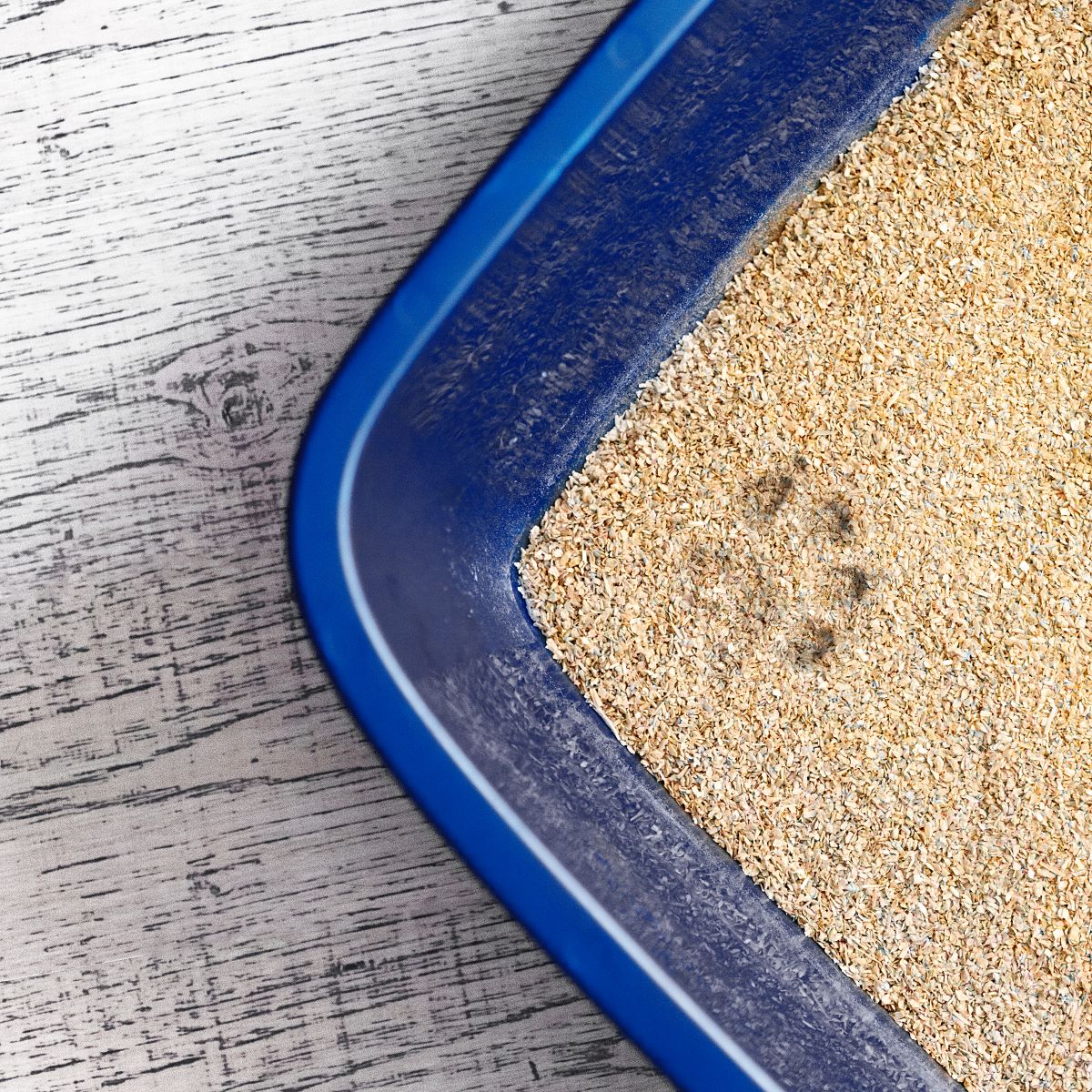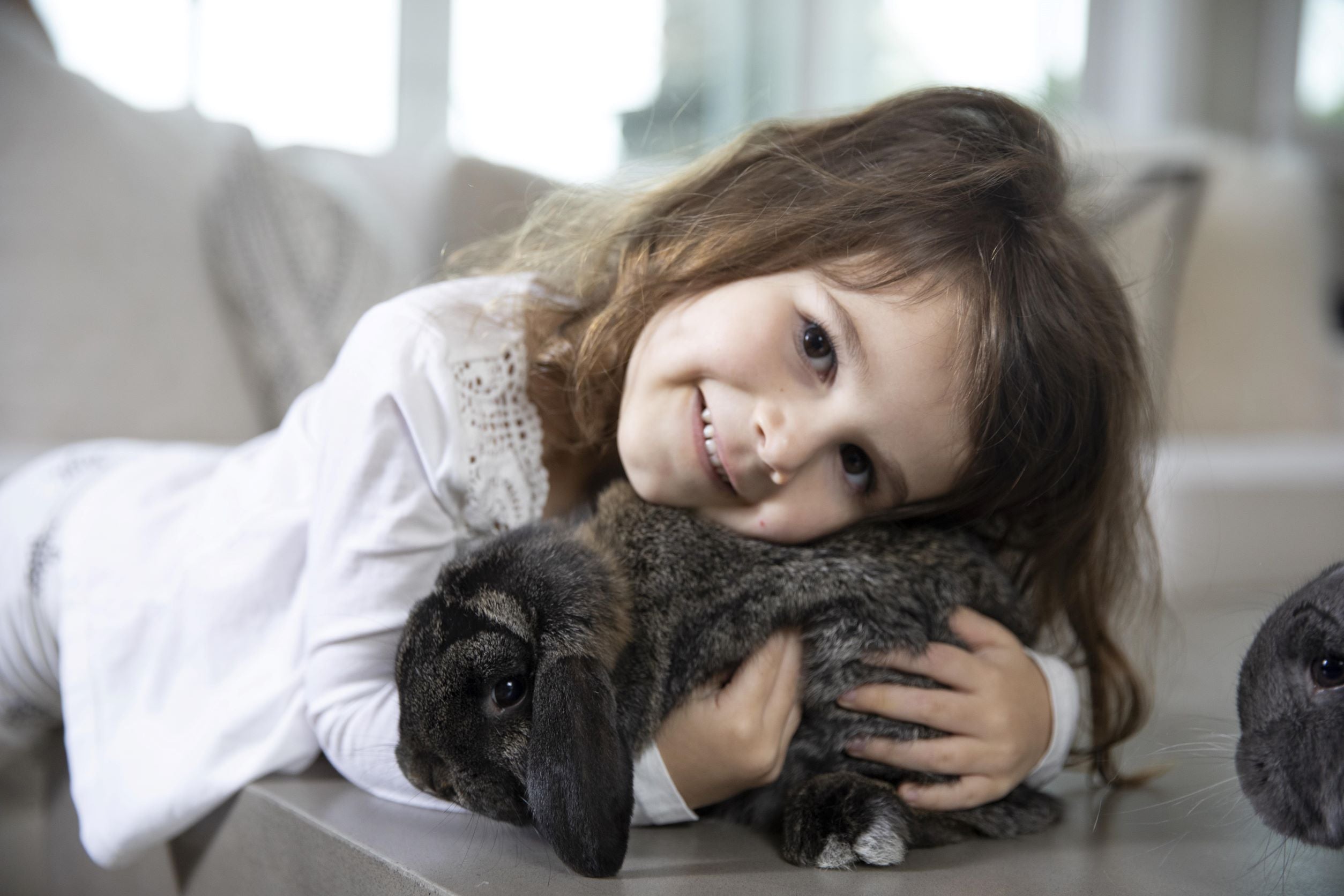
How to Provide Comfort for Your Pet in Every Stage of Life
Image source: https://www.pexels.com/photo/adult-brown-and-white-pembroke-welsh-corgi-near-the-body-of-water-58997/
Creating a comfortable environment for your pet is essential in ensuring their happiness and health. Pets, like humans, experience different stages of life that come with unique needs. From playful puppies to wise old companions, ensuring comfort throughout these phases enhances their quality of life. This article delves into various ways you can provide comfort to your pet at every life stage, addressing their evolving needs effectively.
Choosing the right bed for your dog is crucial for their comfort. A well-designed bed not only supports restful sleep but also caters to their individual needs. For instance, larger breeds may benefit from a specialized orthopedic bed, while smaller breeds often feel more comfortable in cozy, enclosed spaces. When selecting a bed, consider your dog’s size, age, and any existing health conditions. Selecting medium dog beds for your dog breed ensures that their body is properly supported during rest. A bed that fits perfectly can prevent joint issues and promote better sleep. High-quality materials and easy-to-clean fabrics are important for maintaining hygiene and durability. Choosing the right bed not only enhances your dog’s comfort but also contributes to their overall health and happiness.
Adequate Nutrition for All Life Stages
Nutrition greatly influences your pet’s comfort and well-being. Puppies require specific nutrients for growth, while adult dogs need a balanced diet to maintain energy levels. Senior dogs may benefit from diets tailored to their unique health needs. It’s important to consult your veterinarian regarding the best food options based on your pet’s age and health. Providing high-quality nutrition not only contributes to their comfort but also helps in preventing health conditions over time.
Physical Activity and Mental Stimulation
Regular physical activity is vital for your dog at every stage of life. Puppies are full of energy and require consistent playtime to develop physically and mentally. Adult dogs still need regular exercise to maintain a healthy weight and promote cardiovascular health. Seniors benefit from gentle walks and engaging activities that prevent stiffness and keep them active. Mental stimulation is equally important; toys that challenge their problem-solving skills or obedience training can stimulate mental engagement. Incorporating both physical and mental activities into their routine significantly boosts their overall comfort.
Regular Veterinary Check-ups
Routine veterinary visits are crucial throughout your pet’s life. Early detection of any health issues can lead to better treatment outcomes. Puppies should have regular vaccinations and check-ups to monitor their growth and development. Adult dogs require annual examinations to ensure they remain healthy and to update any necessary vaccinations. Senior dogs, however, should have more frequent checks to identify age-related health problems. Regular veterinary care is a significant component of keeping your pet comfortable and healthy.
Creating a Safe and Comfortable Environment
Your home environment plays a vital role in your pet’s comfort. Puppies and small dogs might feel secure in enclosed spaces, while older dogs may prefer open areas where they can easily navigate. Consider your pet’s safety when arranging your home; remove hazards and ensure they have a designated area to relax. It may also be helpful to have a variety of comfortable spots available, accommodating their needs as they age. A quiet space can provide relief from the hustle and bustle of everyday life, ensuring they have somewhere to retreat when needed.
Socialization and Companionship
Pets thrive on companionship, and socialization is essential for their emotional well-being. Early socialization helps puppies develop into well-rounded adult dogs. For adult dogs, regular interactions with other pets and humans can prevent behavioral issues and enhance their comfort in different social situations. Seniors often benefit from the companionship of a trusted friend or family member, which can alleviate feelings of isolation. Ensuring that your pet has plenty of interaction with family and friends keeps them happy and engaged.
Grooming and Hygiene Practices
Grooming is more than just aesthetic; it contributes to your pet's overall comfort. Regular brushing removes loose fur and reduces matting, particularly for breeds with long hair. Bathing prevents skin issues and keeps your pet feeling fresh. Nail trimming is essential for their ergonomics and comfort, especially for older dogs that may suffer from joint pain. Establishing a regular grooming routine tailored to their breed and life stage significantly aids in their comfort.
 Image source: https://pixabay.com/photos/boxer-dog-animal-pet-canine-cute-8207572/
Image source: https://pixabay.com/photos/boxer-dog-animal-pet-canine-cute-8207572/
Education and Training for Comfort and Safety
Training your dog is not just about obedience; it also enhances comfort and safety. Puppies should undergo basic training to learn commands that keep them safe, like “come” or “stay.” Adult dogs benefit from continued training to foster good behavior within the home and community. For senior dogs, gentle training can stimulate mental activity and reinforce their place in the family. A well-trained dog tends to be more comfortable in various environments as they know how to navigate various situations and behaviors.
Recognizing Signs of Discomfort
Being attentive to your pet's behavior is vital in providing them the comfort they deserve. Recognizing signs of discomfort—like excessive barking, pacing, or hiding—can allow you to address underlying issues well before they escalate. Monitoring their appetite and energy levels helps catch potential health problems early. Understanding these signs can significantly improve your ability to respond to your pet's needs, ensuring they feel secure and comfortable at all times.
Providing comfort for your pet during every stage of their life is a multifaceted endeavor. With the right approach—selecting an appropriate bed, ensuring good nutrition, supporting physical activity, and offering companionship—you can enhance their overall quality of life. Pay attention to their changing needs as they grow, and adjust your care practices accordingly. Keeping their environment safe and continuing regular check-ups will contribute greatly to their happiness and well-being.











 email us
email us